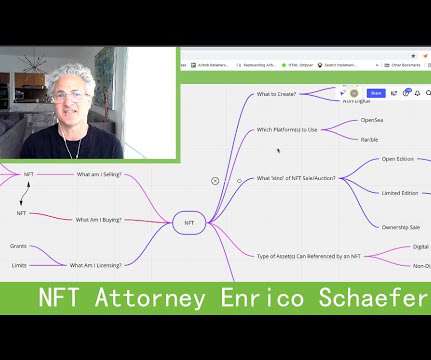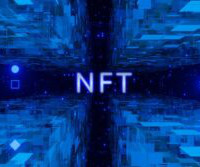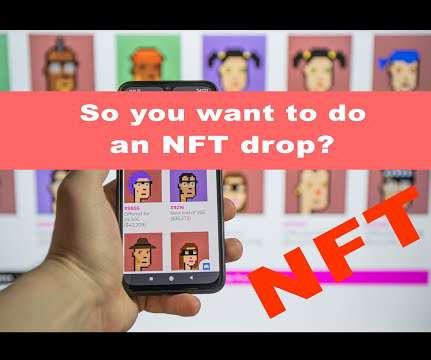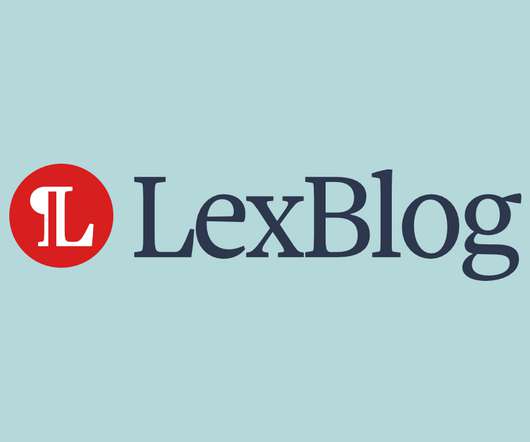NFT Copyright License Rights: Due Diligence is Critical.
Traverse Legal Blog
APRIL 17, 2021
With that in mind, we now have something called non-fungible tokens or NFTs. What are the terms by which you are selling the NFT and licensing your work, the art you put into the platform that’s going to be attached to the NFT? Was that ownership transferred, and if so, to whom? Let’s talk about it.













Let's personalize your content